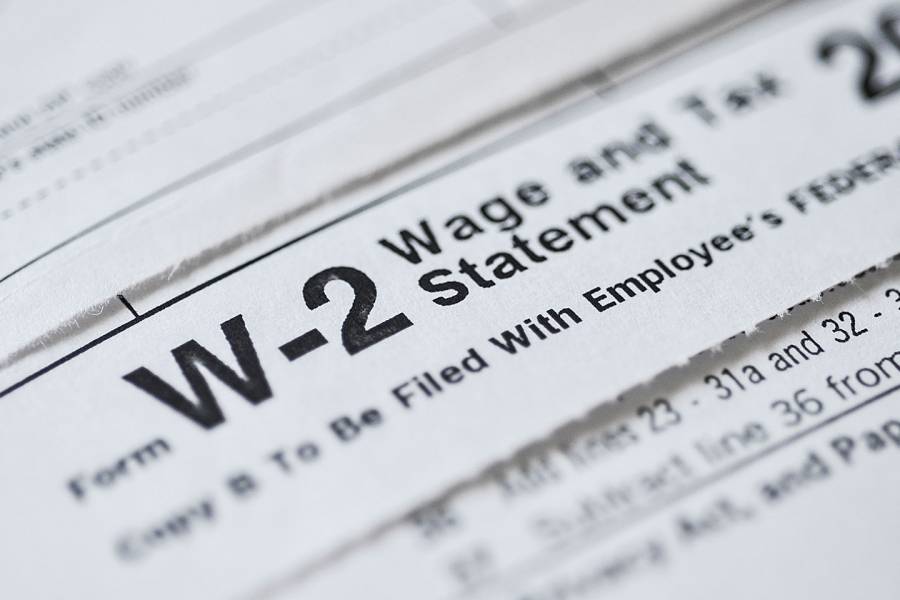The new year has barely started, and the last one is coming right back at us—in the guise of 2022 financial documents that we'll need to file our income taxes.
In email sent Friday to the Johns Hopkins community, Julia Buick, senior director of tax and assistant controller for JHU, and Branville Bard, vice president for public safety for JHU and JHM, outlined relevant matters:
Electronic 2022 W-2s now available in Employee Self Service
If you consented to receive your W-2 electronically, W-2s for calendar year 2022 are now available in Employee Self Service (ESS), which can be accessed from the myJH portal under the HR tab in the center of the page, or by going to ess.johnshopkins.edu and signing in after clicking the blue Login to ESS button on the top. For those who opted to receive their 2022 W-2 only electronically, this will be your only means of W-2 delivery.
If you did not choose the online only delivery option, printed W-2 forms are now being processed and are expected to be mailed no later than Jan. 21. If you did not originally consent to view your 2022 W-2s electronically, you will have a chance to opt in for 2023 and beyond, beginning Feb. 1. Once you opt in, you will immediately be able to access your W-2s in ESS and will receive only electronic W-2s going forward until you revoke or change your election.
For more information about accessing your 2022 W-2, visit the W-2 forms information webpage. For any issues or questions regarding your W-2 form, contact Payroll Shared Services at 443-997-5828.
Be aware of scams
To avoid being the victim of a scam involving W-2s, tax filing, and your personal financial information, be aware of the following guidance currently provided on the Internal Revenue Service website:
- The IRS will not call to demand immediate payment using a specific payment method such as a prepaid debit card, gift card, or wire transfer. Generally, the IRS will first mail a bill to any taxpayer who owes taxes.
- The IRS will not threaten to immediately bring in local police or other law enforcement groups to have the taxpayer arrested for not paying.
- The IRS will not demand that taxes be paid without giving taxpayers the opportunity to question or appeal the amount owed.
- The IRS will not call unexpectedly about a tax refund.
- The IRS will not request payment to a third party. All legitimate federal tax payments are made payable to the U.S. Treasury.
- The IRS will not ask for credit or debit card numbers over the phone. The IRS takes scams very seriously and has many resources available on its website to help taxpayers. You can visit the IRS and other government websites for the most up-to-date information.
If you are notified that your information may have been exposed in a data breach, you may consider notifying the IRS through its website at irs.gov or contacting the Federal Trade Commission through its website at identitytheft.gov. The IRS and FTC sites have excellent guidance regarding credit reports, fraud alerts, and credit freezes, among other resources.
Posted in News+Info
Tagged hr newswire








